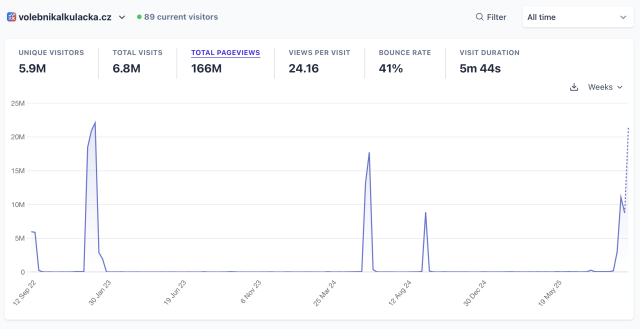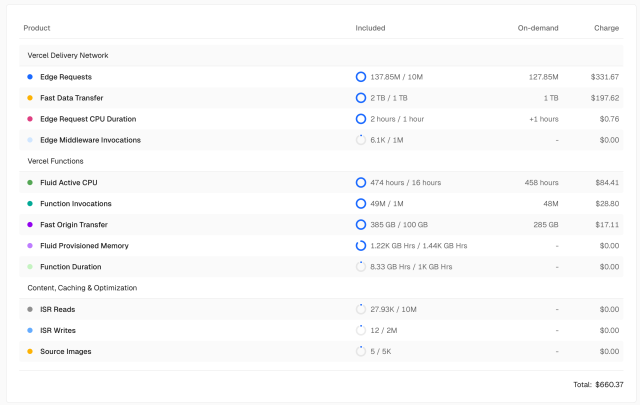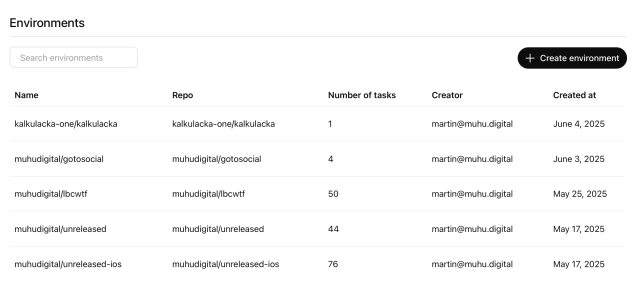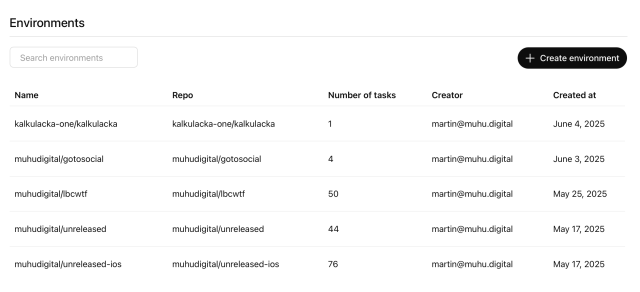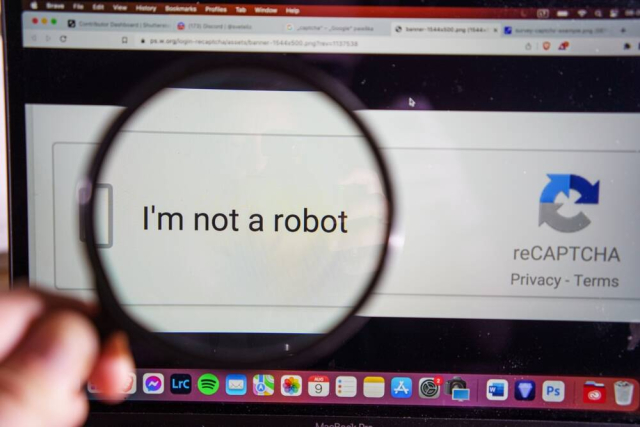UPDATE: One of the company owners (whom I've known for many years and is a good person) has asked to speak with me in about fifteen minutes. I've agreed. I'm curious to see what he has to say. I'll update this post after the call.
Yesterday I lost a client. And I couldn't be happier about it.
It's a long-standing client, but the management changed a few months ago. On Monday, they requested an emergency intervention, which I handled immediately.
On Tuesday (yesterday, evening), they asked for a non-urgent enhancement to be closed by Wednesday evening. I explained that due to various reasons (including urgent family matters), I wouldn't be able to finish the task before Friday. That's when the lecturing started: they told me they set tight deadlines even for non-emergencies because "that's the proper way to do things", and anyone working with them must respect them without exception.
I requested a video call to clarify. I explained that the work requires nearly a full day and that I simply couldn't close it by Wednesday. Even the physical time required to copy the data exceeded their deadline. But the new management believes that by applying pressure, you can overcome anything. Even the laws of physics.
Their response was sarcastic: "Our requests take priority, even if you are dying". I smiled and reiterated that I had no other way. "We will therefore have to find a new consultant who respects our timing", they said.
My response: "Okay. Our agreement expired on 31st December. I was waiting for a renewal, but it never arrived. Meaning, I have no legal obligations toward you. You have the data, the passwords, everything. Have a great day.".
The manager, annoyed and failing to understand the implications, replied: "Fine, we’ll look for someone younger with fewer family ties to manage.".
This morning, the phone rang. It was the manager, asking me to reconsider. His tone remained contemptuous, so I told him my decision was final. Two minutes later, I got a call from their biggest client - the one responsible for over 50% of their revenue. They had been notified I was leaving and informed the company they would also leave if I was no longer the one supervising their machines.
I called the manager back, friendly, trying to see if they were willing to change their attitude - to move from peremptory orders to requests between human beings. He started talking about "suing for damages" if they lost their main client because of me (to be clear: I am not taking that client for myself).
I don’t know how this story will evolve, but right now, I'm just enjoying a breath of fresh air outside my window.
#IT #FreelanceLife #WorkLifeBalance #ToxicManagement #TechLife #Consulting #SelfEmployed







